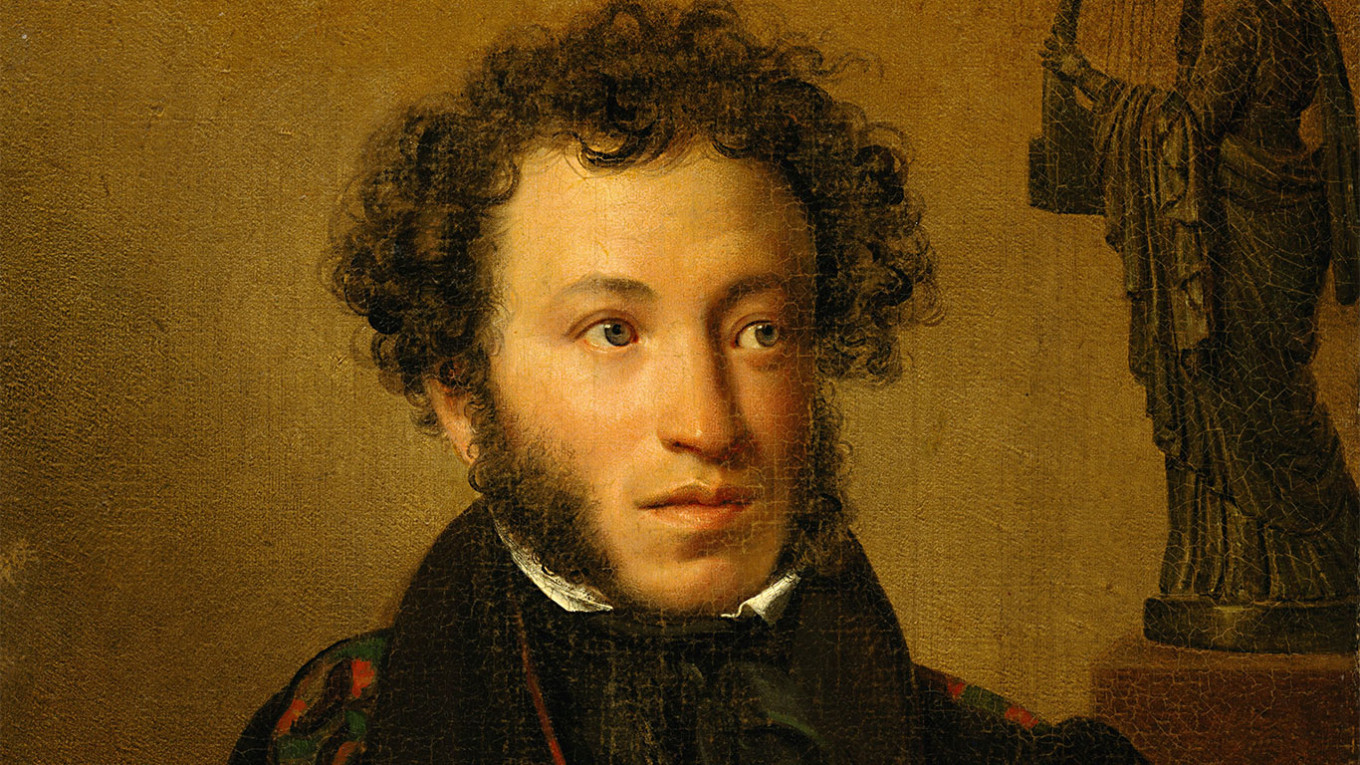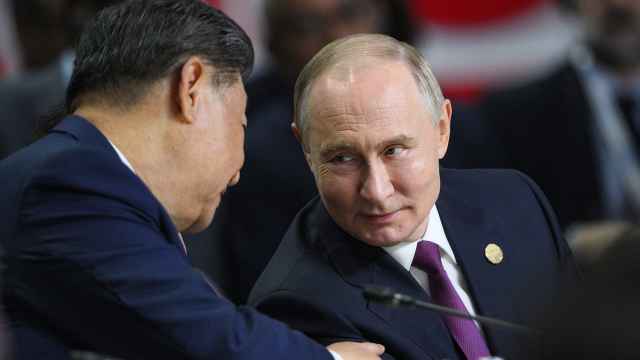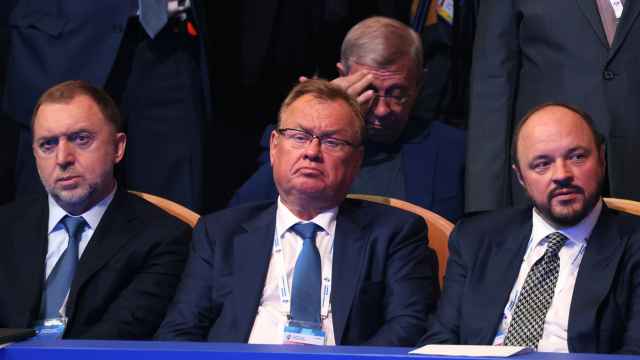Putin’s war in Ukraine is a horrifying imperialist invasion. It has changed the big picture of Russian, Ukrainian, and European history in the ways that we will be struggling to understand for decades.
Fetishism
For most of us who have studied the country, Russia is an aggressive empire. Having outlived its peers that appeared and collapsed in two world wars, Russia has sometimes demonstrated and sometimes disguised its imperialist intentions. But these intentions have survived all the revolutions and reforms. Russia is now trying to ignite a new world war, and the farther the war goes, the worse will be its collapse. Its war against Ukraine is senseless – it cannot bring any political or economic results to Russia. The only rational framework for this war is classical Russian imperialism mixed with a specifically post-Soviet revanchism.
But there is also with a third part of the mix: a kind of fetishism. The losses are huge and predictable, but they do not matter; what is important is the fetish — Ukrainian territory whose only value comes from the idea that it used to be “ours” and should be regained. This would supposedly bring glory, ecstasy, or some other form of satisfaction to the Russian president, his elites, and their people.
Nobody understands or shares a fetishist’s desire. Why does the proverbial high heel give him pleasure? It doesn’t matter that his victim, the owner of the high heel, doesn’t understand it; the fetishist would seek his pleasure anyway. While imperialism is a comprehensible (though doomed) ideology, and revanchism has been rooted in history (though usually brought a disaster) – you cannot understand fetishism. Crimea is a high heel, and now Donbas is. But everyone else, even the fetishist’s compatriots, has different preferences. Why don’t they overthrow the fetishist? They will. But getting rid of him and his people will take time.
In national catastrophes of this scale, there is always this irrational, incomprehensible core. German historians of the Holocaust call it a “civilizational rupture.” Yes, many 19th century Germans were antisemites, and many 20th century Russians were imperialists. But you will deceive yourself if you understand the Holocaust, or the current invasion in Ukraine, solely in these terms. You do need to analyze imperialism and revanchism, two comprehensible sources of both catastrophes; but do not take them for the whole picture. The fetishist is happy to deceive you this way.
The emperor is a fetishist, but what do his poets and sculptors care about? Of course, many of them write odes or erect monuments to the fetish. This shouldn’t be a surprise — the fetishist pays them well. It is more difficult to be a scholar under fetishism, but they are also doing well: because the fetishist part is incomprehensible, scholars write approvingly about the imperialist and revanchist parts of the story. But many feel that the ends do not come together, and they write about that. Again, some of these scholars or writers are imperialists, but very few are fetishists. For various reasons, they do not approve of high heel worship, and they write about it critically.
This makes an imperialist culture a very complex mosaic that is rapidly changing. It is easy to prove that Pushkin was an imperialist or Wagner was an antisemite, but it doesn’t explain their art, or explain this war and the Holocaust. Unlike a military command, national culture is a plurality of voices with all their contradictions. Even one and the same voice, e.g. Pushkin’s, constantly contradicted itself. Dozens of books and hundreds of dissertations have been written about these contradictions. But they are all irrelevant for understanding the current war. Sadly, this is exactly what my argument is.
Imperial culture
Trying to explain the inexplicable, critics are writing now about Russian imperial culture as the root of the current war. Did Russian poets share and shape the colonialist, aggressive, military worldview? And could reading these verses in one's youth lead to waging the all-out war in Ukraine?
I respond yes to the former and no to the latter. Romantic poets such as Pushkin and Lermontov wrote imperialist classics that celebrated the glory of Russian troops. In fact, these are the best-known pieces of Russian poetry, such as Pushkin’s “Bronze Horseman” or “Poltava,” and Lermontov’s “Borodino.” Moreover, these poets were imperial officials: Pushkin served as a junior clerk in the Russian imperial administrations in Odessa and Kishinev; Lermontov served as a junior officer in a brutal war in the Caucasus, where he commanded a Cossack regiment and spilled blood of the Chechens.
But it should also be noted that the imperial government exiled both men to serve in these Russian colonies because they took part in protests in St. Petersburg, the capital. Both wrote anti-imperial verses and prose, passionate and sometimes violent, which severely criticized the Russian monarchy and its military accomplishments. For instance, Pushkin wrote in 1817 that he dreamed of strangling the last tsar with the intestines of the last Orthodox priest – this would have been a good fun for good citizens. Lermontov wrote in 1841 that Russia was a country of masters and slaves, but he wished to hide from the khans, spies, and gendarmes of St. Petersburg in the warring Caucasus.
There was much more to their texts, and they need a new careful reading. In “The Prisoner of the Caucasus,” a long romantic poem, Pushkin depicts a Russian officer captured by the Circassians, a tribe that fought against the Russian colonization. They keep the officer in a pit, but one of them, a young woman, cuts his chains and lets him go. When they reach the border river, they kiss. He swims across to reach his troops; she dives in to kill herself. Pushkin made sure that we the readers understand that the Russian officer saw how she drowned and did not help. She saved him, he refused to save her. The poem clearly glorifies not the imperial man, but the colonized woman.
Or re-read Lermontov’s poem “Mtsyri” – it is a monologue of a young man from a Caucasian tribe who was captured by the Russians; they baptized him and turned him into a monk. But he is dying from his longing for his native people, and he describes his love for his homeland in rich detail. While in many pieces of imperial literature “the subaltern cannot speak,” as G.C. Spivak famously put it, Lermontov endows his Caucasian subaltern with a powerful voice. Or read Lermontov’s less-read “The Caucasian,” a satirical essay written in plain prose which tells the story of the colonizer. A typical Russian officer who fights in the Caucasus turns into a connoisseur of all things Caucasian. With every year of service the officer becomes more and more “Orientalized.” A primary agent of imperialist rule, the Russian officer in the Caucasus turns into a lay anthropologist who feels the temptation to go native. Lermontov mocks the Russian colonizers for their strange ability to worship the very culture that they were exterminating: a perverted desire not that far from what I call fetishism.
It is not Russian poetry that shaped the dictator, his officials, and his soldiers; I bet that they saw the same Hollywood films as you did. It is their greed, arrogance, and cowardness. Tragically, those who commit genocide are usually not much different from those who die of it. It is the acts of torture and murder, and the imminent revenge — the vicious circle of violence — that turnes similar peoples into mortal enemies.
Cancel the state that goes imperialist and genocidal, and deconstruct its culture. Do not skip details: in scholarship, they are as important as on the battlefield. Examples and citations are our weapons; to meet their purpose, they should be precise. But here the analogy ends. We are not soldiers but scholars and critics. It is crucial that we, unlike soldiers, keep talking and debating, even during war.
A Message from The Moscow Times:
Dear readers,
We are facing unprecedented challenges. Russia's Prosecutor General's Office has designated The Moscow Times as an "undesirable" organization, criminalizing our work and putting our staff at risk of prosecution. This follows our earlier unjust labeling as a "foreign agent."
These actions are direct attempts to silence independent journalism in Russia. The authorities claim our work "discredits the decisions of the Russian leadership." We see things differently: we strive to provide accurate, unbiased reporting on Russia.
We, the journalists of The Moscow Times, refuse to be silenced. But to continue our work, we need your help.
Your support, no matter how small, makes a world of difference. If you can, please support us monthly starting from just $2. It's quick to set up, and every contribution makes a significant impact.
By supporting The Moscow Times, you're defending open, independent journalism in the face of repression. Thank you for standing with us.
Remind me later.








